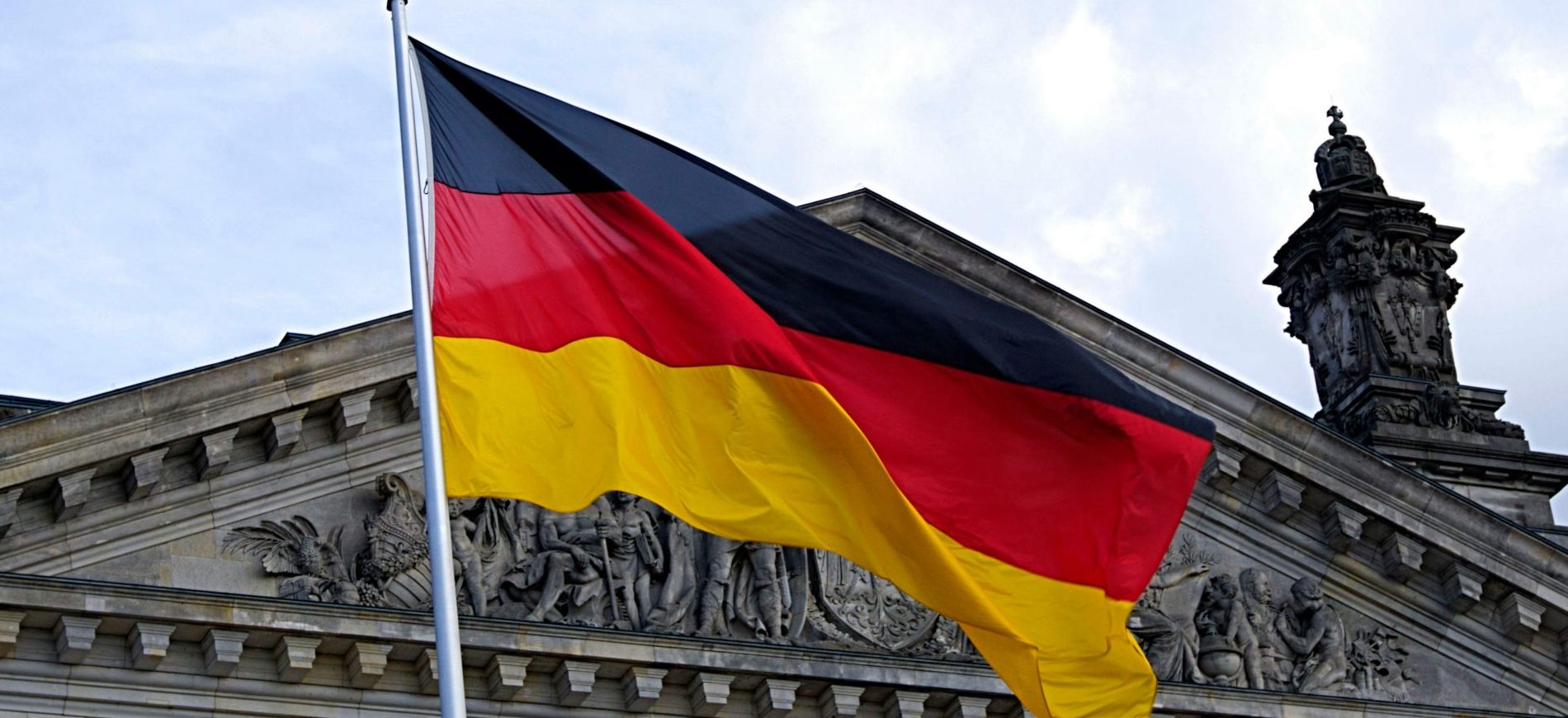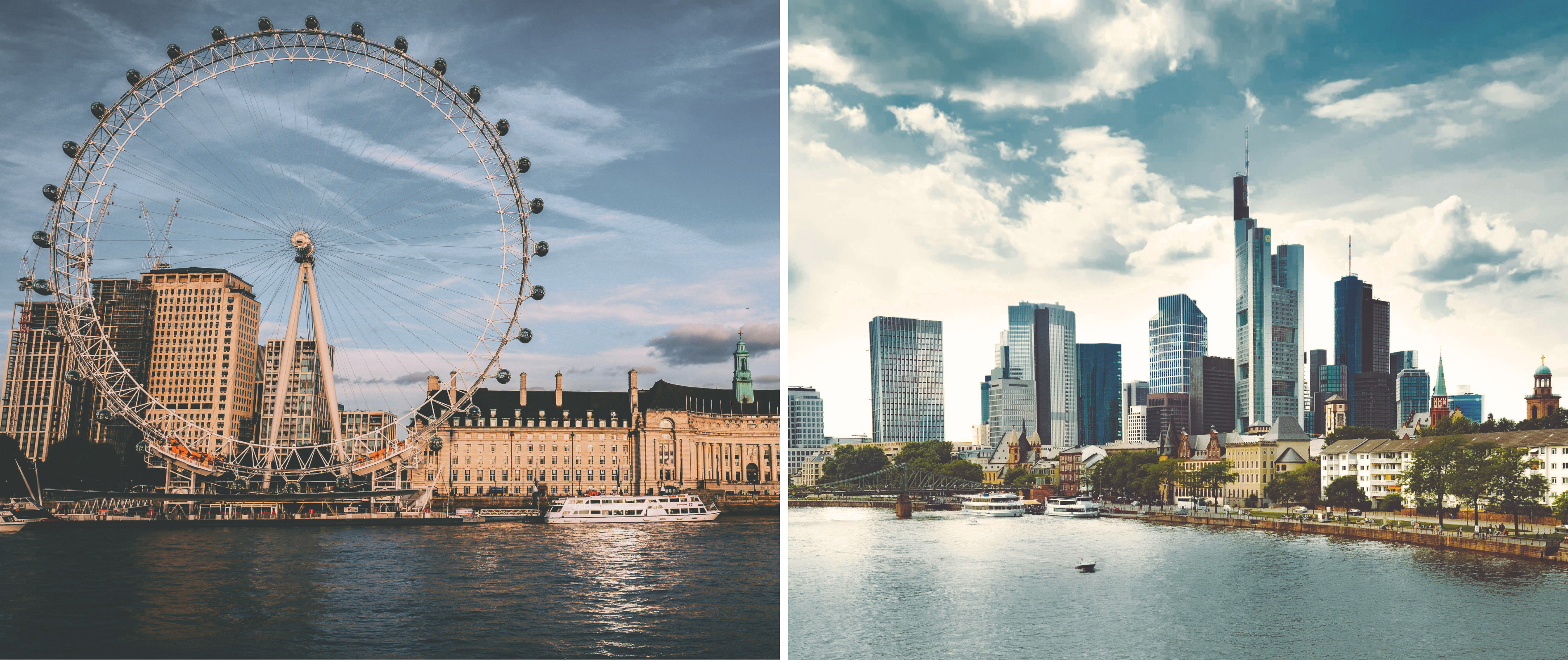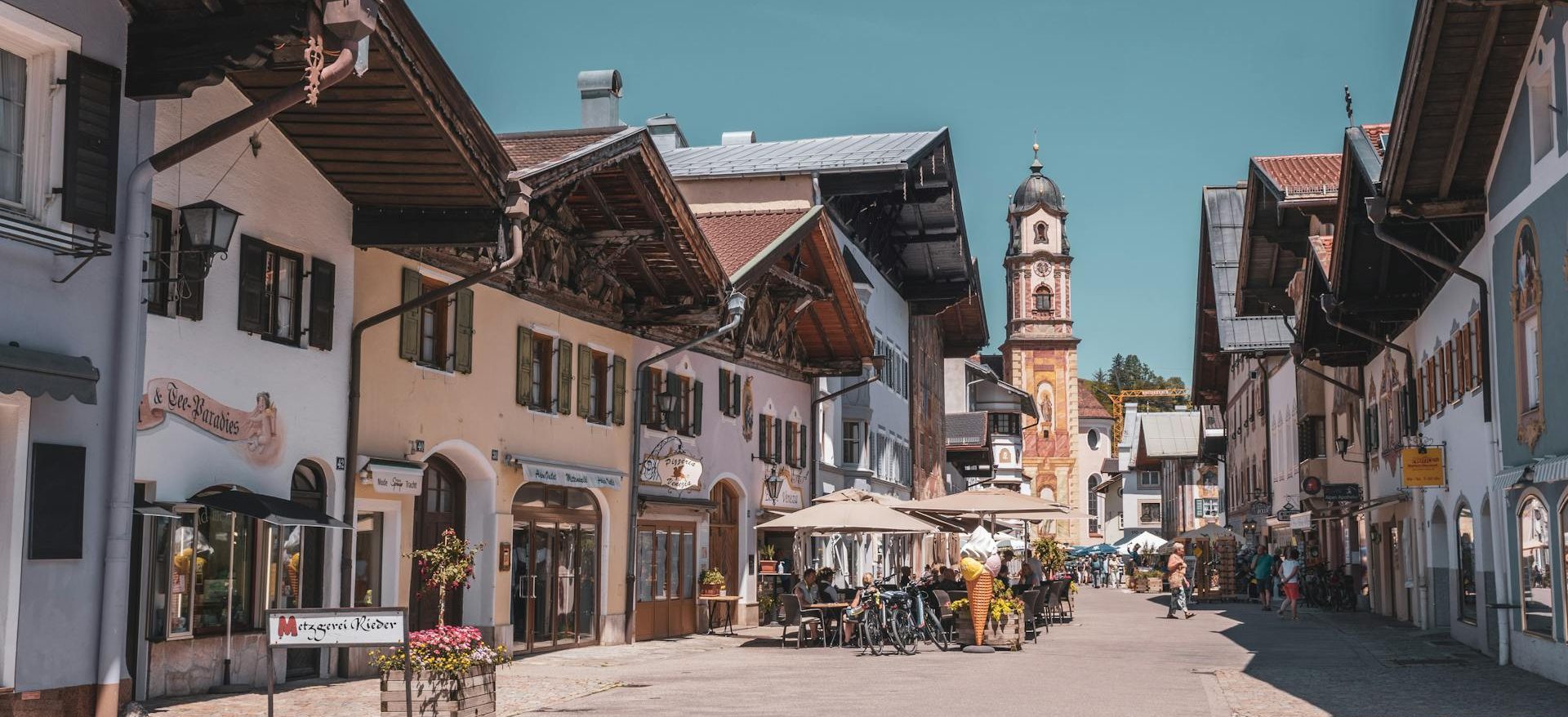
Choosing between Munich and Berlin depends significantly on your personality and expectations of a place you want to call home. Both cities offer unique lifestyles and opportunities, catering to various preferences. While Berlin delivers diversity as a worldwide culture hub, Munich provides all together with the green all around while being a tech powerhouse. Below, we explore several aspects to help you decide which city suits you best.
Relaxed vs contained. Is this accurate, or are the stereotypes taking place? Both cities are top-rated and active contributors to Germany’s economy. Munich owns many of the largest breweries in Germany, hosting the Oktoberfest celebration annually. Berlin dominates the service sector as the most significant industrial town. Below, we bring some of the main aspects of each of them.
When we talk about Berlin, we think of a resilient place that had to go through a rough path to be where it is today. Nowadays, the city is still experiencing difficult times: poverty, unemployment, the refugee crisis, and more obstacles to overcome. The reinforcements to get through these adversaries emphasise the importance of the government by investing in infrastructure, education and healthcare improvements. The city combines immediate relief measures with long-term strategies to foster a more inclusive and resilient society. All this proves that Berlin still has the potential to be a great place to live. Berlin’s population is approximately 3.7 million people. The city has numerous world-class museums like the Pergamon Museum and the Berlinische Galerie. It boasts a lively theatre and music scene, highlighted by institutions like the Berlin Philharmonic and the Volksbühne Theatre.
The capital of Bavaria, its largest city, and the third largest city in Germany after Berlin and Hamburg. Munich, or Munchen, has a population of 1.49 million people. Munich transitioned from heavy to light industry. The city is home to some of Germany’s largest breweries and is renowned for its beer and the annual Oktoberfest celebration. Munich boasts excellent rail connections to all major cities in Germany and Austria. The city’s mobility infrastructure includes the Franz Josef Strauss Airport, situated 27 km northeast of Munich, and a modern subway system. Founded in 1472, the University of Munich is a prominent European research institution. The city also features several exceptional museums and art galleries, including the Alte Pinakothek.
Munich often stands out for its quality of life and economic opportunities. The city is known for its clean streets, attractive parks, and well-maintained public spaces. Many expats find Munich appealing due to its robust job market, particularly in the tech and finance sectors. Moreover, the city’s efficient public transport system and proximity to the Alps for weekend getaways make it an attractive option.
Both cities have strengths when it comes to quality of life. You can find a high-quality public transportation system, making it easy to navigate wherever you need. Their healthcare and education systems, which have been more challenging in Berlin lately, are highly regarded. They excel with their low crime rates and high living standards compared to many major European cities. You can practice outdoor activities in both places, but Munich wins with its green spaces. The appeal of the nightlife gives this one battle to Berlin, although you can also have a good time in Munich. Regarding diversity, Berlin is renowned for its vibrant arts scene. Expats who value a dynamic social environment may find Berlin more appealing, while those seeking stability and order prefer Munich. So, all will depend on your preferences, considering that the two cities are easy on the eye and daily life.
Berlin and Munich each have unique advantages for residents, but overall, Berlin offers a more cost-effective lifestyle. The cost of living in Berlin, including rent, is 10.2% lower than in Munich, and rent prices alone are 15.8% lower. Restaurant and grocery prices are also lower in Berlin by 7.3% and 3.8%, respectively. Additionally, Berlin boasts a 5% higher local purchasing power. Key amenities like mobile phone plans, fitness club memberships, and childcare are significantly more affordable in Berlin, with private preschool costs being 76.8% lower. Housing is notably cheaper, with rent and purchase prices significantly lower than in Munich. While Munich offers slightly higher average net salaries, the overall lower expenses and higher purchasing power in Berlin make it the more advantageous city for those prioritising cost-efficiency.
Munich is widely regarded as one of the safest cities in Germany, with a significantly lower crime rate than Berlin. While Berlin is generally safe, it does have higher crime rates, particularly in certain areas known for petty crimes like pickpocketing and purse snatching. Violent crimes are rare in both cities. Munich’s crime rate is about half that of Berlin’s, underscoring its reputation for safety and community. Both cities maintain efficient police forces and public safety measures to ensure the security of their residents and visitors. More on the crime rates, Munich and Berlin, have displayed notable differences over the past five years. Munich, known for its relatively low crime rates, has consistently reported fewer incidents than Berlin. While Munich’s overall crime rate has remained relatively stable, Berlin has experienced higher property crime rates and violent incidents. Factors contributing to these disparities include Berlin’s larger population and its status as a significant cultural and economic hub, which can lead to increased crime opportunities. However, both cities have implemented adequate measures to enhance safety, with Munich continuing to benefit from a lower crime profile overall.
If this is within your possibilities, spending a couple of days in both cities is ideal before deciding. Reading online reviews and watching travel vlogs are great ways to obtain information, but much of this material is based on stereotypes. Munich and Berlin face as many problems as any other major European city: chaotic traffic, expensive housing and a competitive job market. Those are just a few of the challenges to cite. The towns have excellent infrastructure, high-quality education and great health care. So, the points rest on the practical and personal details.
If you’re a non-EU, Germany has been making strides to facilitate the immigration process for skilled workers. However, challenges still need to be addressed for non-EU citizens. The process involves securing a job offer, obtaining a visa, and eventually applying for permanent residency. Recent changes aim to improve integration and expedite the recognition of foreign qualifications. Yet, language barriers and bureaucratic procedures can still pose significant hurdles. For non-EU expats considering moving to Munich or Berlin, it is essential to stay updated on immigration policies and seek professional advice to navigate the process successfully.
Understanding your needs and offering comprehensive solutions, VanOne makes moving to Germany easier and stress-free. At VanOne International Movers, we specialise in removals to Germany. Whether you prefer Munich or Belin, we offer tailored services to ensure a seamless relocation experience. We take care of everything from house removals to Germany, customs clearance of your belongings, full insurance coverage, and door-to-door collection and delivery. Let us facilitate your move, ensuring your belongings arrive safely and on time. Contact us today for a quote, and let us help you start your new adventure in Munich or Berlin.
 Is Germany or the UK the Best Choice for Expats?
Is Germany or the UK the Best Choice for Expats?Is Germany or the UK the Best Choice for Expats? Choosing between Germany and the UK as your…
 Is There a Nursing Shortage in Germany?
Is There a Nursing Shortage in Germany?Is There a Nursing Shortage in Germany? Germany is facing a critical nursing shortage, a situation that has…
 My Life in Germany: Daily Life in Berlin
My Life in Germany: Daily Life in BerlinMy Life in Germany: Daily Life in Berlin My daily life encompasses the essence of the explorer and…
 Can I Bring My Car from the UK to Germany?
Can I Bring My Car from the UK to Germany?Can I Bring My Car from the UK to Germany? Bringing your car from the UK to Germany…